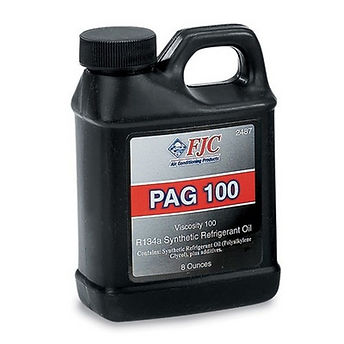Air Conditioning Parts
Welcome to the Automotive Air Conditioning Parts section at AAA Million Auto Parts, your go-to source for high-quality car AC parts in Miami. We carry a complete range of auto air conditioning components for most makes and models, including domestic and imported vehicles.
If your car’s AC system isn’t cooling properly, or you're looking to perform a full car air conditioning repair, we’ve got the parts you need—at prices that fit your budget. DIY Guide
-
AC Compressors – Brand-new and remanufactured for optimal cooling performance
-
AC Condensers – Quality replacements to keep your system efficient
-
Evaporators – OEM and aftermarket options for proper heat exchange
-
Receiver Driers & Accumulators – Keep moisture out of your AC system
-
Expansion Valves & Orifice Tubes – Regulate refrigerant flow and cooling
-
AC Hoses & Fittings – Durable and leak-resistant connections
-
Blower Motors & Fans – Ensure airflow throughout your vehicle
Featured Auto AC Parts for Sale
All parts are inspected for quality and sourced from trusted manufacturers to guarantee performance and long-term reliability.
Why Shop Car AC Parts at AAA Million Auto Parts?
Huge selection of OEM and aftermarket AC parts

Huge selection of OEM and aftermarket AC parts

Knowledgeable team to help with part matching and fitment

Competitive prices for AC compressor replacements and complete AC kits

Serving Miami-Dade County and surrounding areas since day one

Local availability with fast pickup and same-day shipping in Miami

Whether you’re a local mechanic, a body shop, or a DIY customer, AAA Million Auto Parts is your trusted source for automotive AC parts in Miami.
Browse our full selection of car air conditioning parts online, or visit our store in Miami to get expert help and fast service. Can’t find a part? Contact us—we’ll source it for you through our extensive supplier network.
















